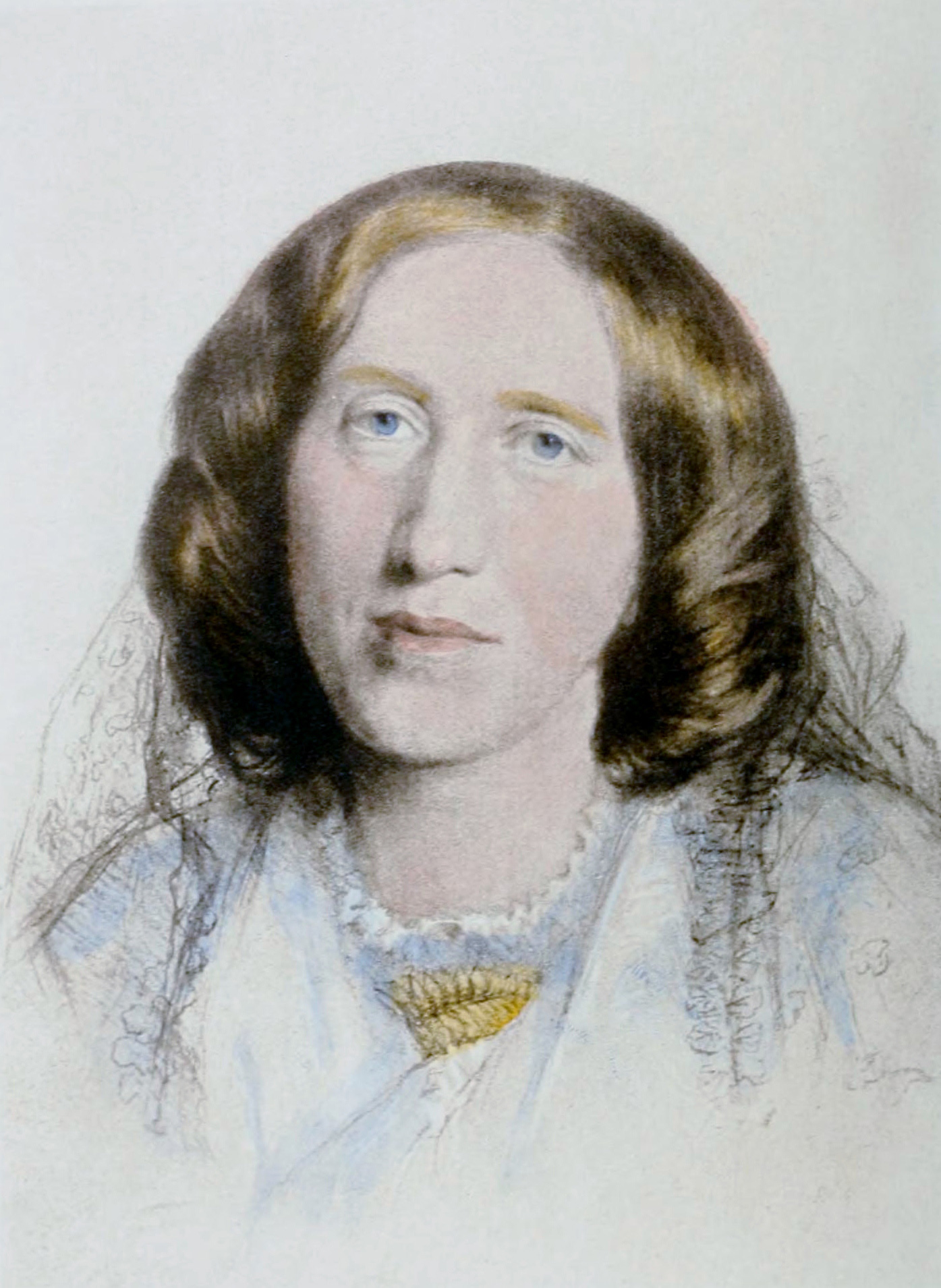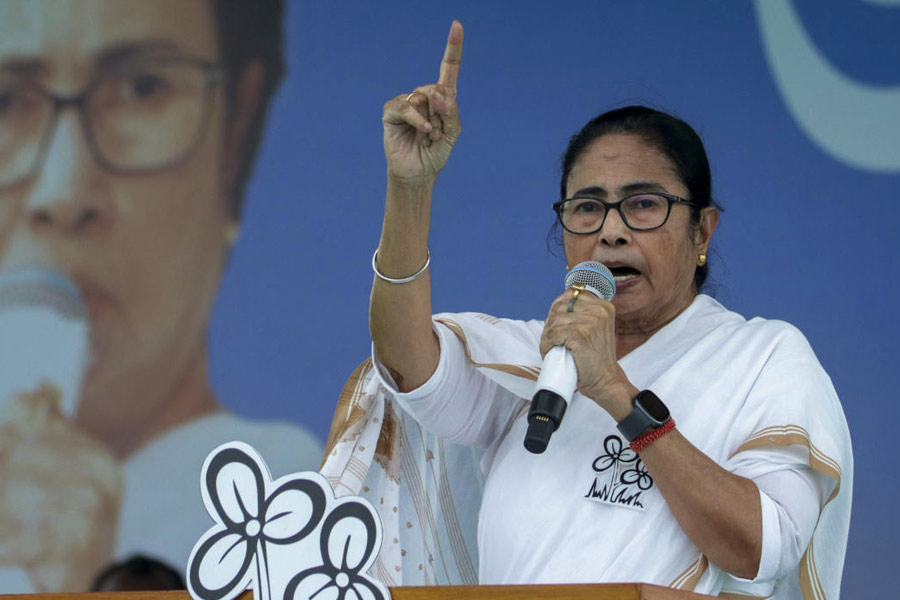If George Eliot were alive, not only would she have turned 199 on November 22, but she might also have been mighty miffed that many people still think she was a man. This is frustrating, given how well known her writings are. The truth, however, is that few readers bother to check an author’s gender. That, in fact, was the very reason Mary Ann Evans chose to write as George Eliot: it was not a woman’s name. She knew that readers would be dismissive of her work if it appeared under her real name. She was, of course, right.
During Eliot’s lifetime, the overarching opinion of women’s writing was that it was mawkish, frivolous and inferior to that of their male peers. And this was when critics deigned to examine the work itself rather than the physical attributes of the woman who wrote it. As K.K. Collins found while compiling George Eliot: Interviews and Recollections, several people who knew that Eliot was Evans — some of them critics and writers themselves — thought it perfectly appropriate to hold forth on her ‘ugliness’. Anne Fremantle wrote, “It must be a terrible sorrow to be young and unattractive: to look in the mirror and see a sallow unhealthy face, with a yellowish skin, straight nose, and mouse-colored hair.” William Michael Rossetti was even more charming, as men with opinions about women often are; to him, Eliot was “a woman with next to no feminine beauty or charm or of countenance or person”. Even Henry James, who thought she was a literary “marvel”, called her “magnificently ugly, deliciously hideous”. One would be hard-pressed to imagine James taking the trouble to describe a male author’s physical allure.
There is little doubt that this must have been painful; beauty was considered the single greatest virtue in Victorian women. All other achievements came a distant second. But Eliot flourished both because of and in spite of such limitations. She chose secular philosophy over religion, rejected socially-sanctioned ideas of matrimony, and lived with a married man for decades.
Eliot knew she was considered ‘ugly’, but perhaps her self-proclaimed status as an “outlaw” gave her the ability to view her life and times through a different lens. At a time when women authors’ literary output was not supposed to go beyond romance, Eliot wrote about the complexities of desire, revulsion, marriage and the petty machinations in small-town England in the ambitious Middlemarch. The fiery protagonist, Dorothea, gets married twice, each time to men that nobody likes. “[S]he could not have been ‘a nice woman,’ else she would not have married either the one or the other,” is what her townsfolk have to say about her. This is the sort of sanctimonious cruelty that Eliot herself dealt with. If there is anything to be learnt from Eliot’s writing and choices, it is how to live a full, creative life in the face of relentless unkindness.










